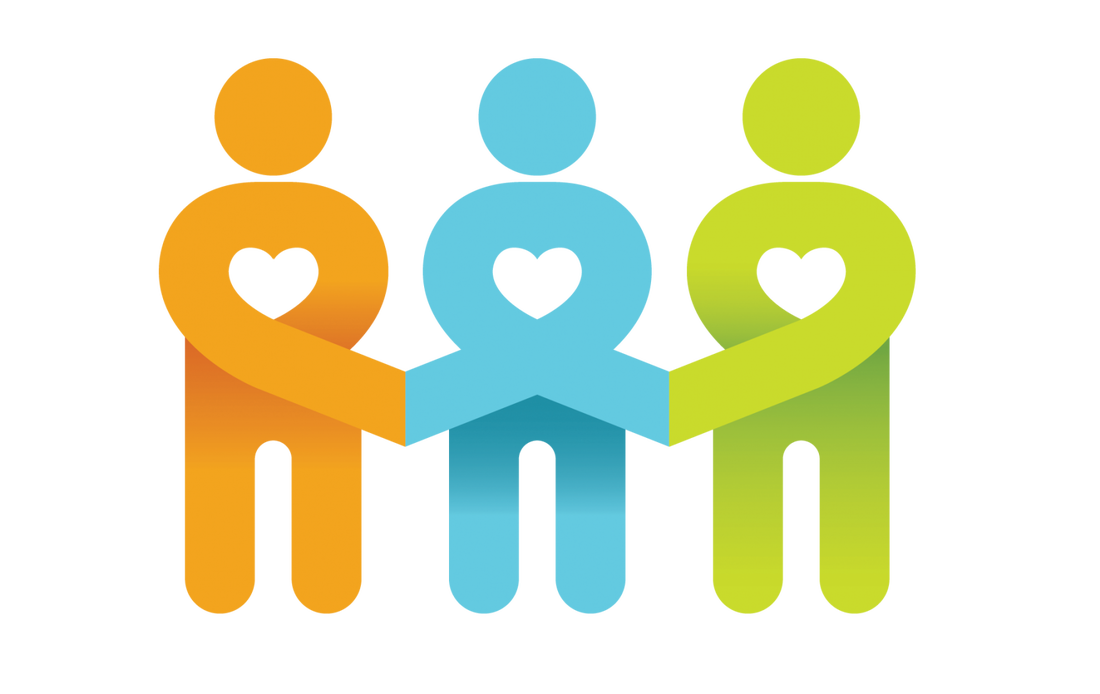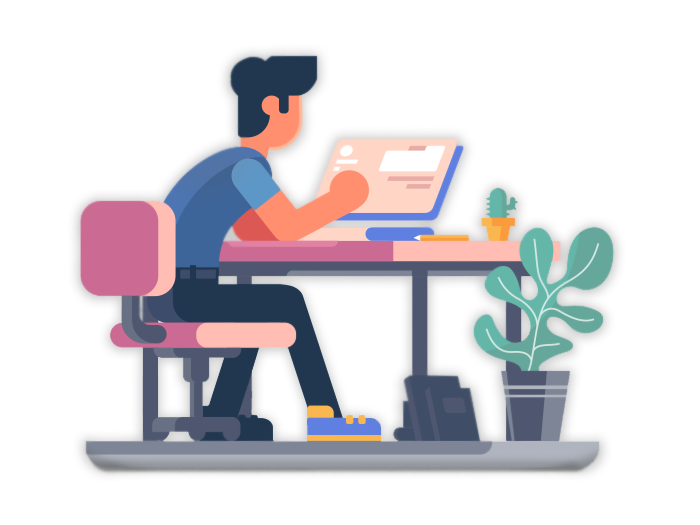Need help with distress? Check out the available resources below.
![]() The New Mexico Crisis And Access Line (NMCAL) is an excellent resource for any level of behavioral health distress. NMCAL provide crisis responses and can help identify appropriate referrals to other behavioral health resources throughout the state. Link: https://www.nmcrisisline.com/about-us/.
The New Mexico Crisis And Access Line (NMCAL) is an excellent resource for any level of behavioral health distress. NMCAL provide crisis responses and can help identify appropriate referrals to other behavioral health resources throughout the state. Link: https://www.nmcrisisline.com/about-us/.
 Resources In My Community
Resources In My Community
Click here to see what additional behavioral health services are available in your community.
 5 Tips for COVID Overload
5 Tips for COVID Overload
- Pick your favority release and stick with it. Healthy venting with family or friends, some fun body movement, binging on a favorite media outlet? Take a minute to think through what’s providing any sense of relief right now and consider how you might build it into your daily routine. Be realistic about the amount of time you can give it and if there is an optimal time for doing so.
- Consider sharing your pain, it may become less painful. Please don’t hold things inside during these challenging times. Reach out to anyone you might trust and invite them to share struggles you are each facing with an agreement of unconditional positive regard and no judgment.
- Laugh as often as you can. Humor in the time of COVID does not mean the pandemic’s not deadly serious and has changed life as we know it. It does mean there is a counterbalance to the pain and suffering that helps brains, minds, and bodies manage the potentially relentless stress of the current reality.
- Reach out to others affectionately, and ask them to connect with you. Send a quick message to let others know you are thinking of them and ask them to keep you up to date on their lives. Video conference if at all possible to reduce a sense of isolation.
- Maintain your spirit! Reflect an what’s most important to you in life and try to focus on those things at least once a day for a few seconds. Embrace your uniqueness and celebrate who you are even if it’s just a passing thought as you take a quick break in your day.
And remember that staying healthy is the greatest contribution anyone can make to reducing the impact of the pandemic.
 Take Care of Your Behavioral Health
Take Care of Your Behavioral Health
Tips for Social Distancing, Quarantine, And Isolation During An Infectious Diease Outbreak. In the event of an infectious disease outbreak, local officals may require the public to take measures to limit and control the spread of the disease. This tip sheet provides information about social distancing, quarantine, and isolation. The government has the right to enforce federal and state laws related to public health if people within the country get sick with highly contagious diseases that have the po-tential to develop into outbreaks or pandemics. This tip sheet describes feelings and thoughts you may have during and after social distancing, quar-antine, and isolation. It also suggests ways to care for your behavioral health during these experiences and provides resources for more help.
 Work on Life Balance
Work on Life Balance
The ten sections of the Life Balance Wheel represent important aspects of a balanced life. Rate your level of satisfaction with each area of your life with this Life Balance Wheel worksheet (PDF) and identify things you'd like to improve.
 Response Tips For This Ever-Changing Environment
Response Tips For This Ever-Changing Environment
-
Remember and recognize common individual and collective response to stress.
-
Recognize that these are normal responses for abnormal circumstances.
- Use the language, structures, and knowledge of the Sanctuary Model to make sense of what is happening.
- Use the SELF in problem-solving, planning and responding.
- Structure, consistency and high expectations are teh antidotes to the effects of fear and uncertainty.
- For some, this level of fear and uncertainty will be triggering and potentially (re)traumatizing.
- Make time and space for staff and clients to express their perspectives and emotions while reminding them to excerise their commitment to Non-Violence, Emotional Intelligence, and Social Responsibility.
- Provide information and updates regularly, even when there is nothing particularly new to say.
- Avoid a "What's wrong with us/them/me?" language and thought processes, and rely on "What's happened/happening?" to enhance compassion, connectivity AND effective solutions!
Download (Detailed) Sanctuary Institute's Response Tips
 Creative Ideas While Working At Home
Creative Ideas While Working At Home
- Can't sit still at home? 25 New Skills And Hobbies You Can Learn If You're Stuck At Home. Read here.
- A list of free, online, boredom-busting resources - click here.
- Strenthen Your Lungs: Do These Breath Exercises To Get Your Day Going.
Bright Heart Health Resource For You
Bright Heart Health, a telemedicine service, connects expert professionals with clients through two-way video conferencing on a smartphone, tablet, or computer. The mission is to provide expert care and support to all individuals struggling through telemedicine.
The service provides dedicated programs for substance use disorder, pain, or eating disorders regardless of location, schedule, or finances. Through the use of telemedicine, experts from the field treat each individual fully and provide the support they need.
Check out their YouTube video, or open the informational flyer here for additional links and information.
Additional Resources:
How to Talk to Your Teen about the Consequences of COVID-19
99 Coping Tips Poster
COVID-19 Prevention Tips for You, Your Family and Your Children
COVID-19 Coping Poster
CSTS Psychological Effects of COVID Quarantine -For Leaders
CSTS Psychological Effects of COVID Quarantine -For Providers
CSTS Helping Homebound Children During the COVID-19 Outbreak
Five Tips for COVID Overload
NASMHPD Meet-Me Call: Audio | PDF (March Webinar)
NewMexico.gov - Major Changes as a Result of the Coronavirus: Children’s Behavioral Healthcare Services
Provider First Aid (PFA) School Provider SelfCare
Provider First Aid (PFA) General Provider SelfCare
Sanctuary Institute's Response Tips For This Ever-Changing Environment
Things You Can Do To Fight Loneliness Amid COVID-19
Tips for Social Distancing, Quarantine, and Isolation-COVID
